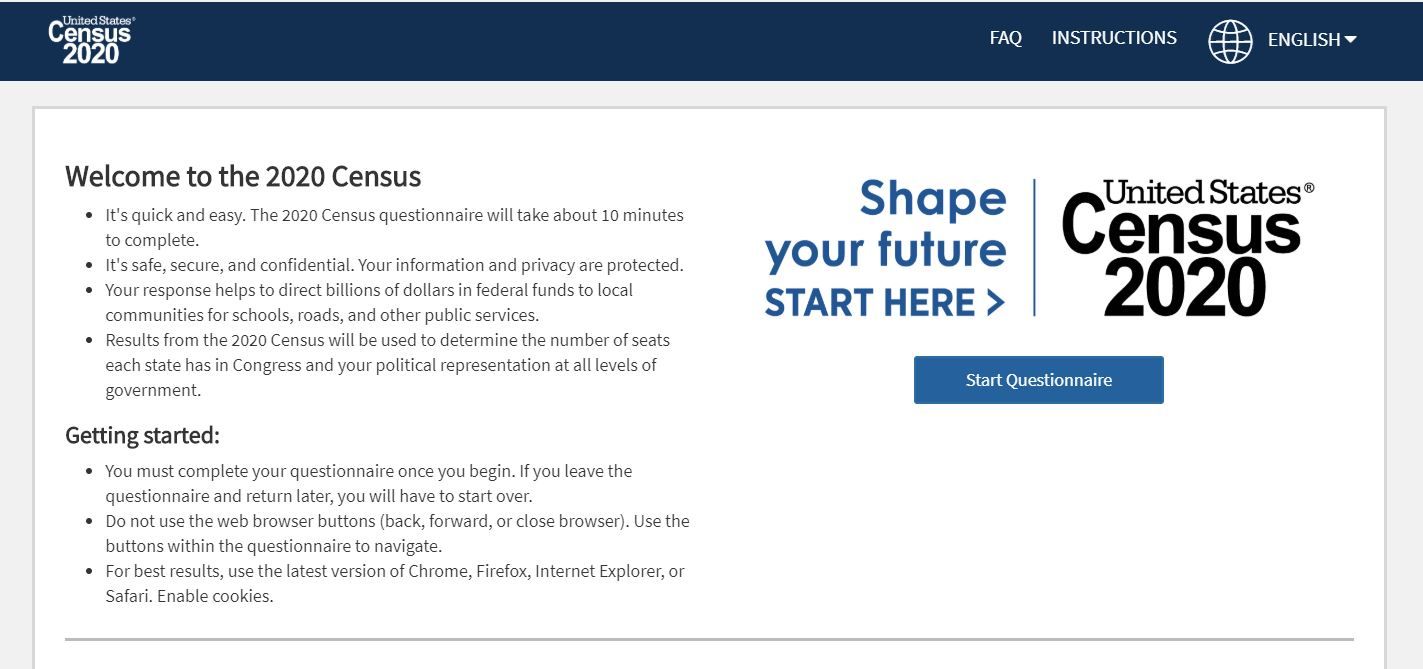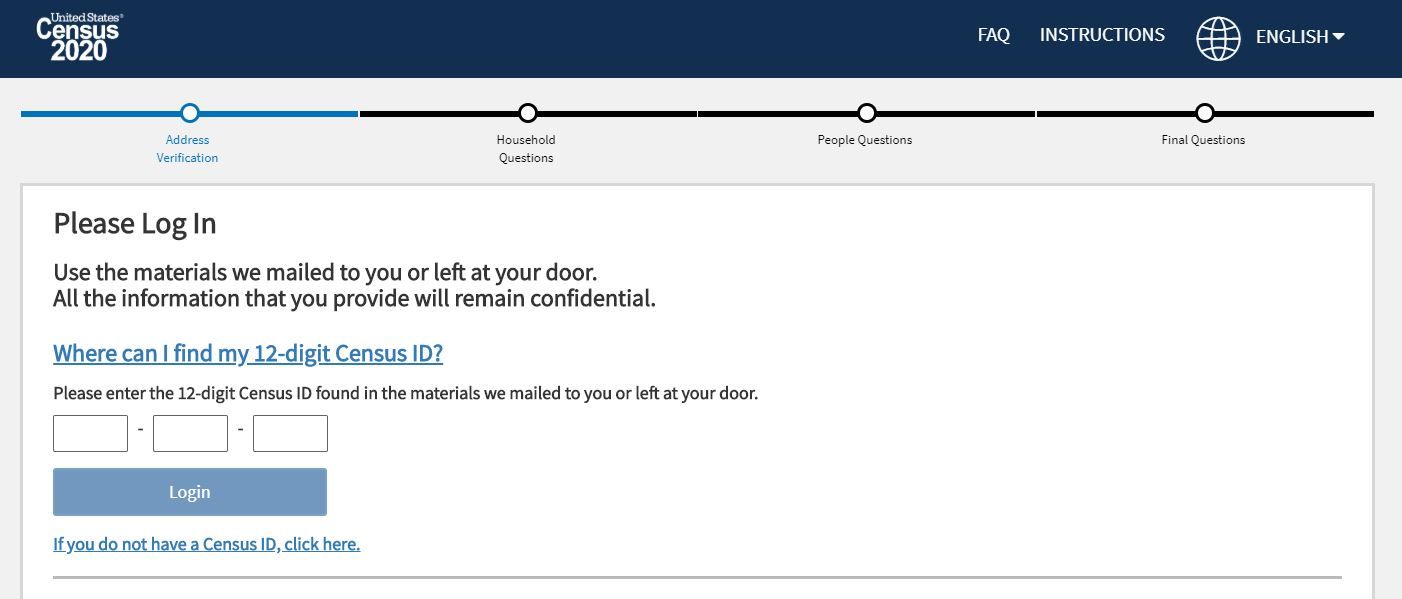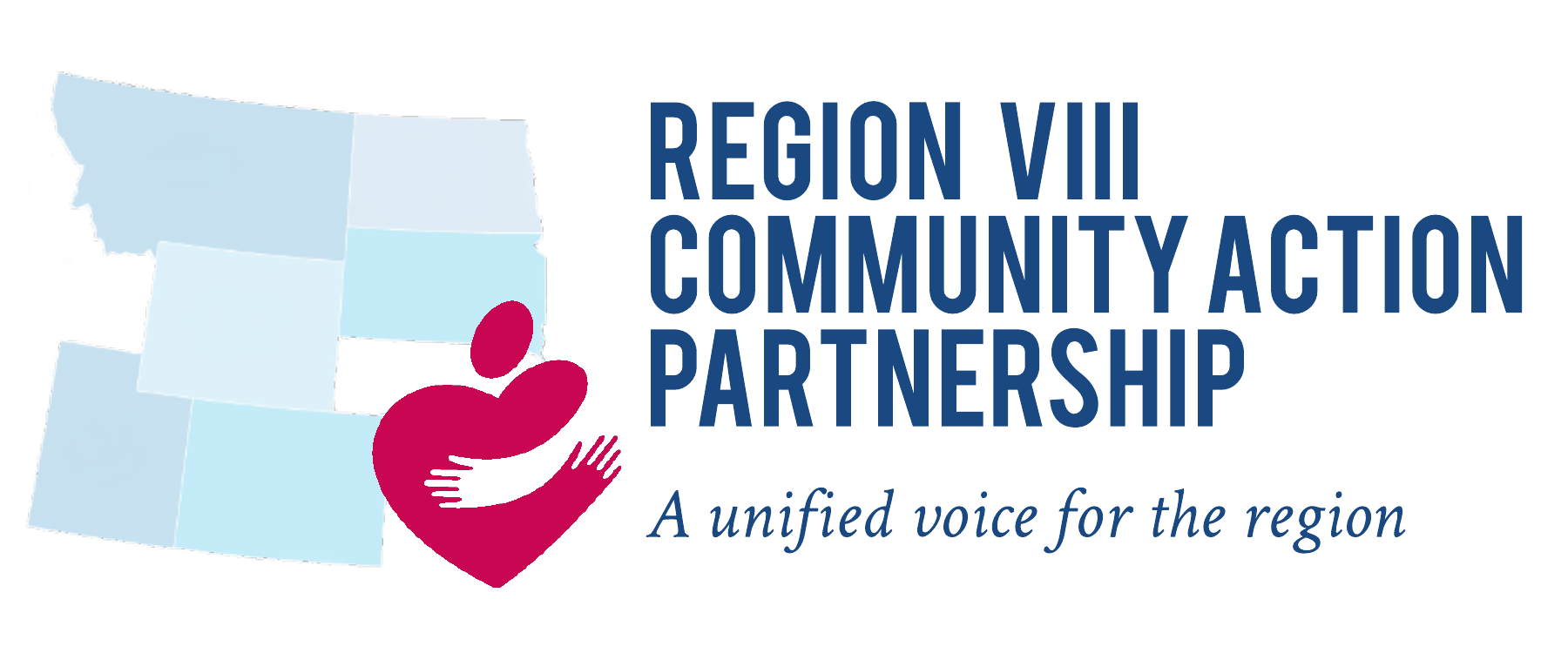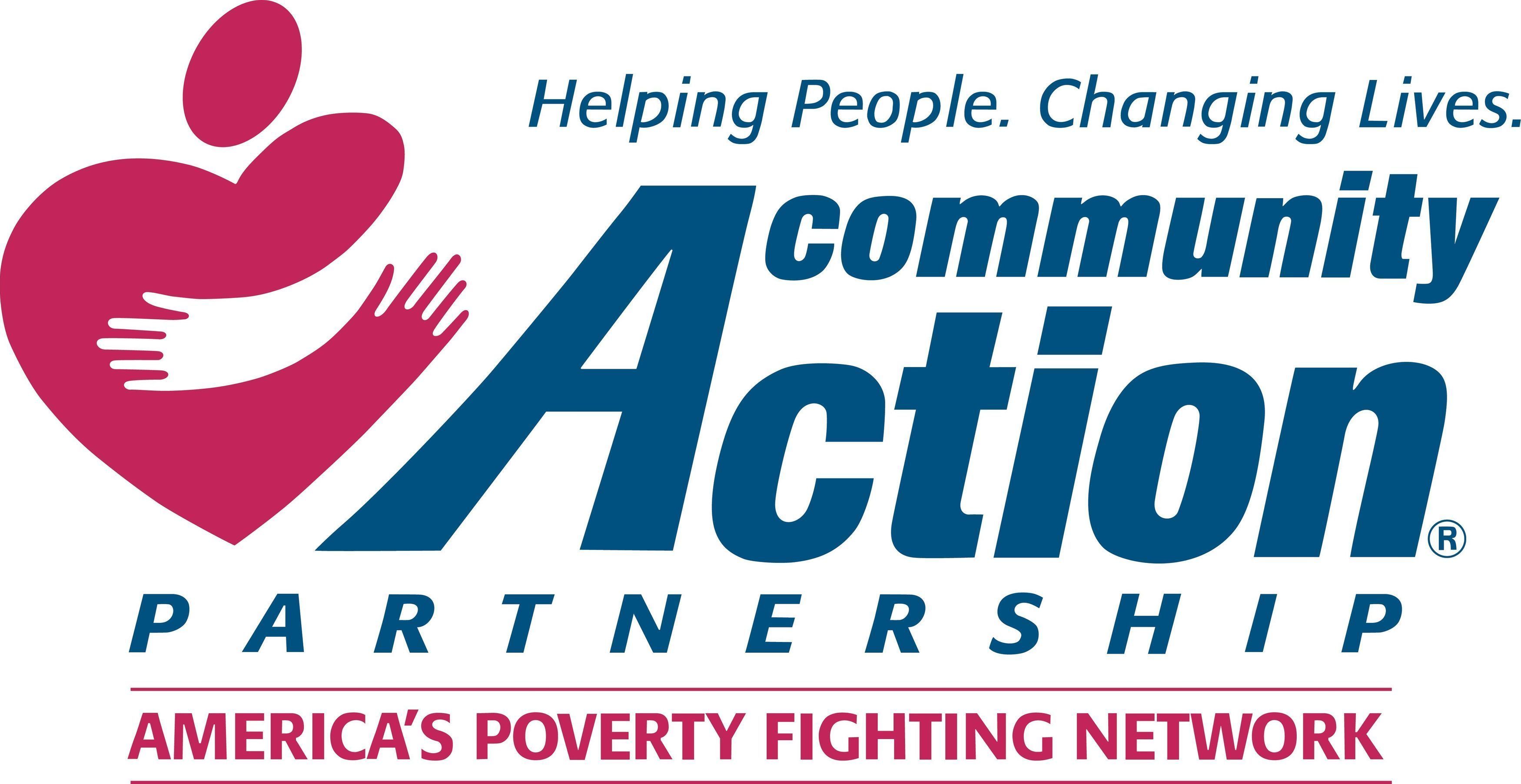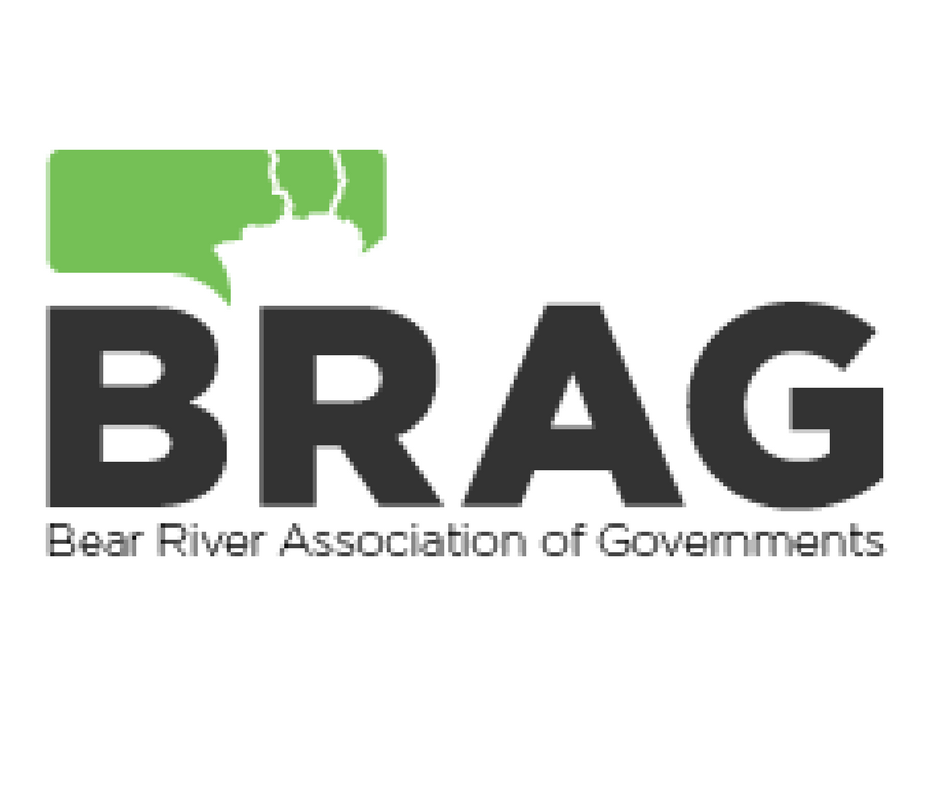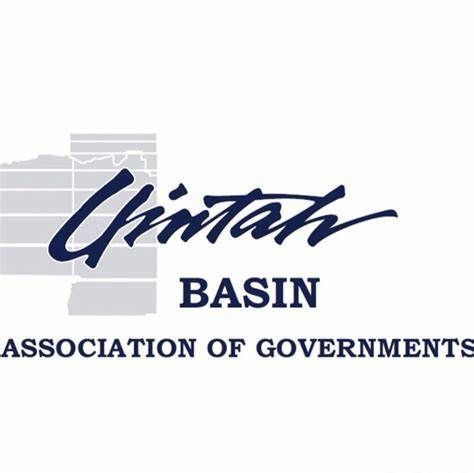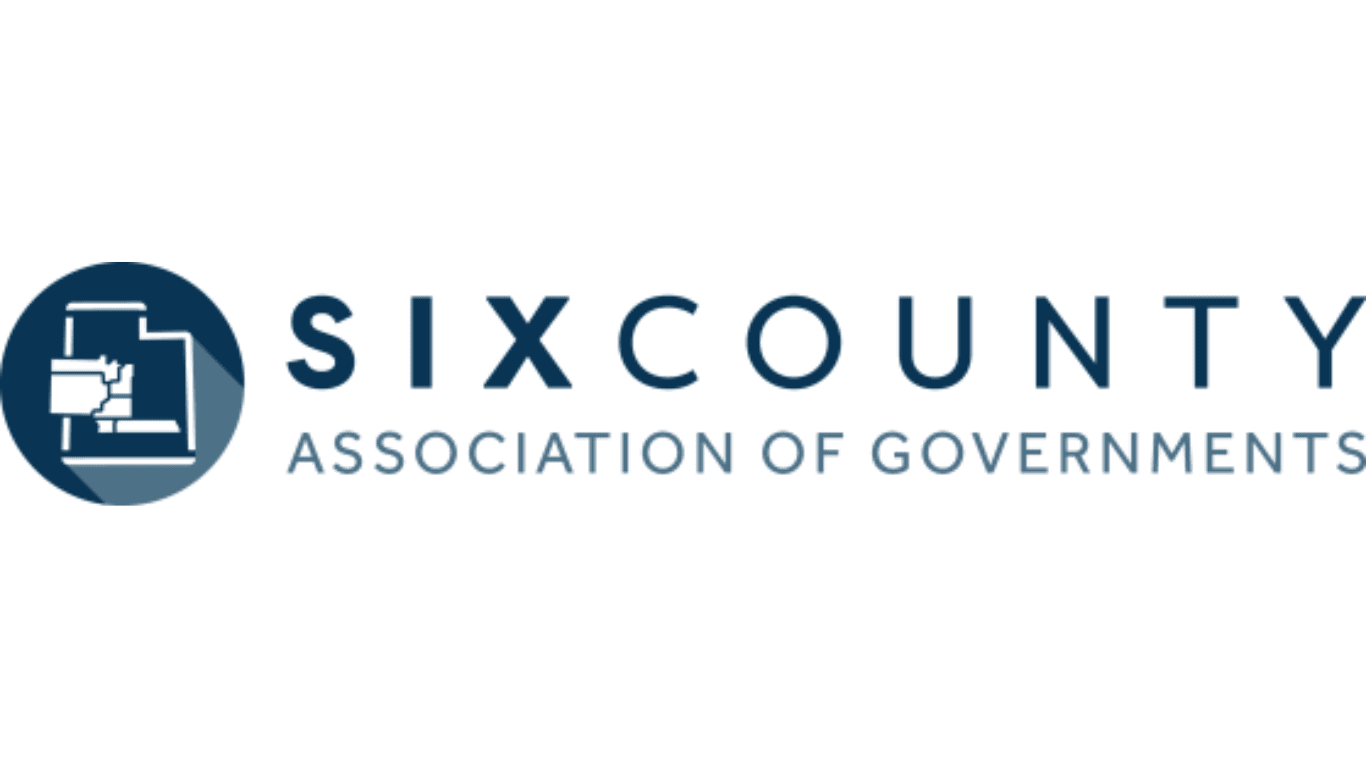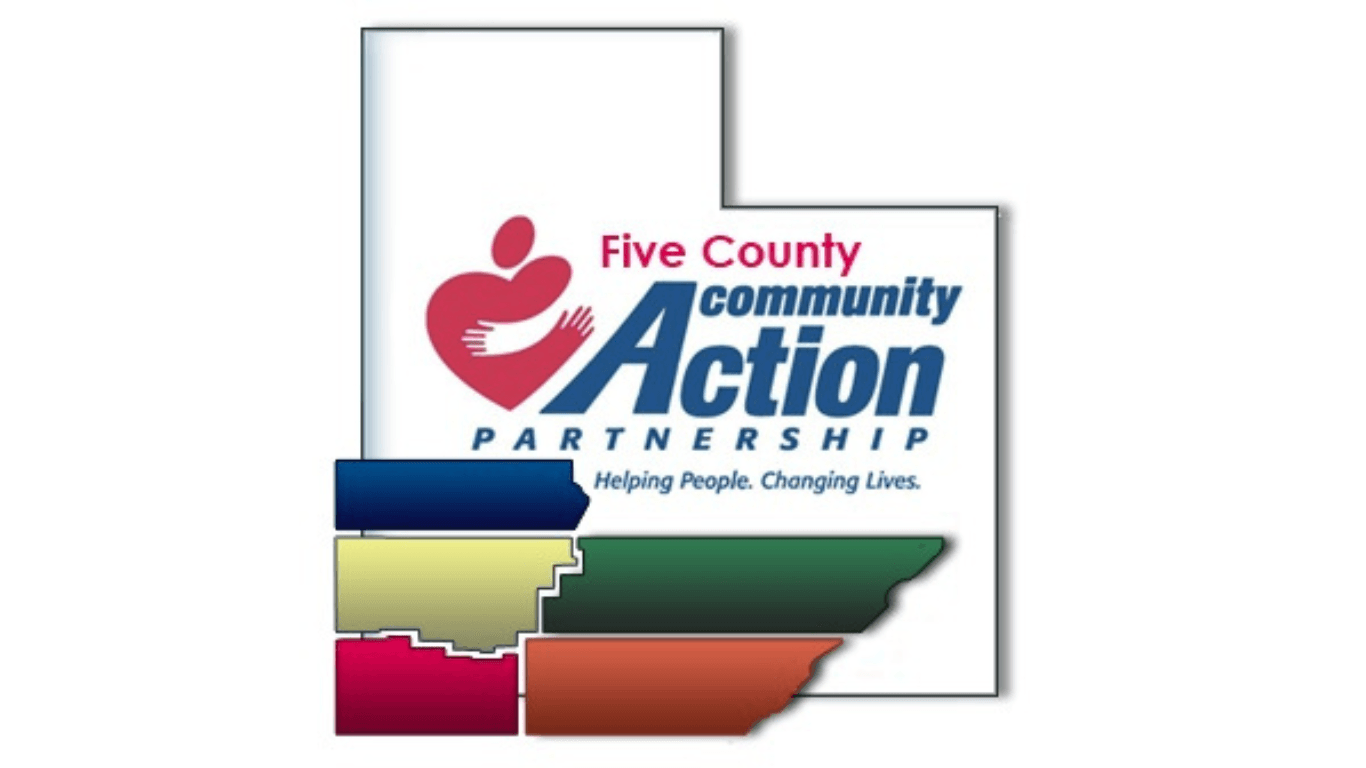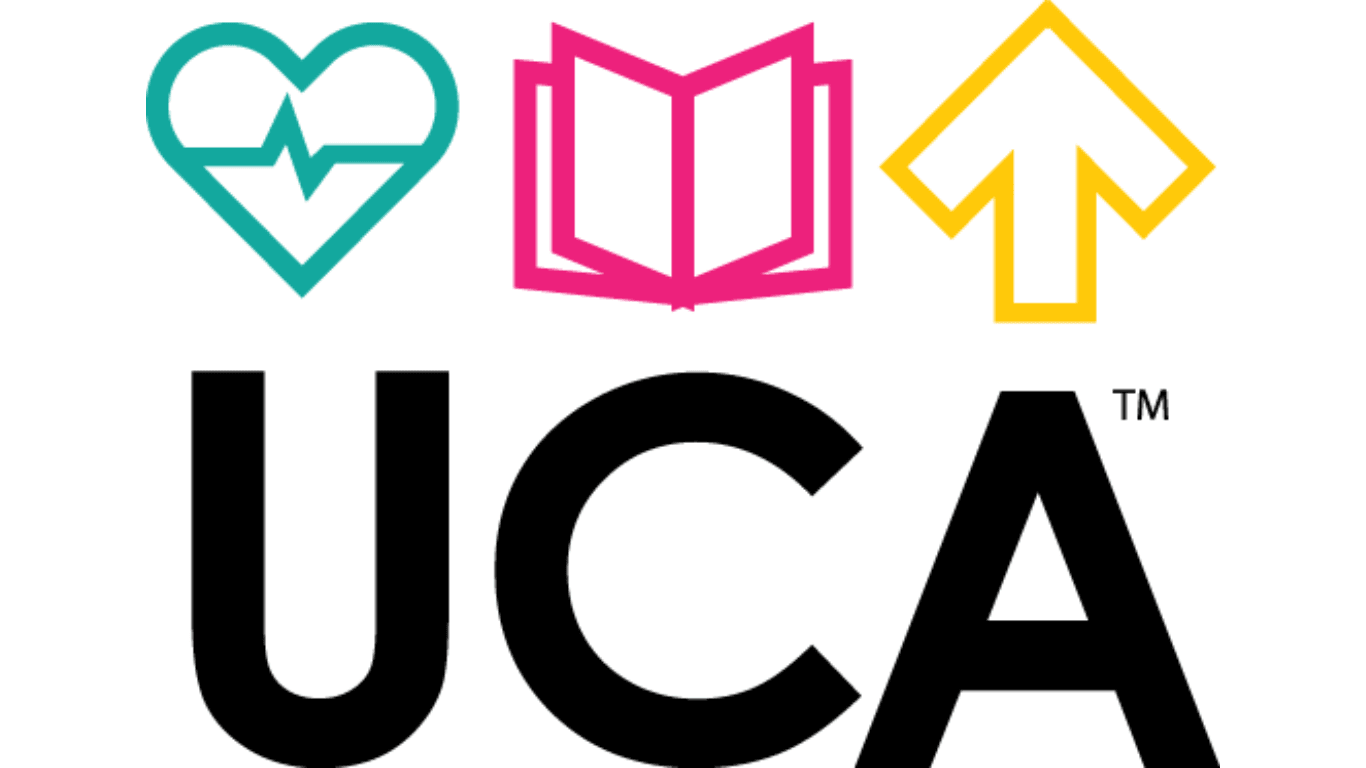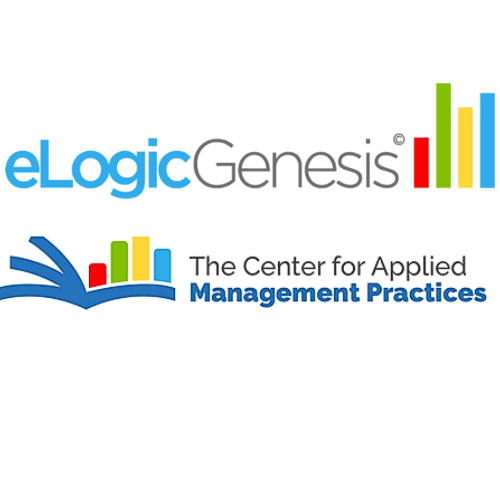2020 Census
What is the Census?
The U.S. Constitution requires a complete count, every 10 years, of every single person living in the country. ALL residents are counted, regardless of citizenship status. Information gathered is used to determine our representation in Congress, set how much federal funding Utah gets each year, redraw voting districts, and inform countless decisions by governments and businesses.
What will be on the Census?
- Name of anyone living in household on April 1, 2020
- Relationship to 'Person 1' or person completing the survey
- Birthdates for members of the household
- Other information about those in the household including sex, ethnicity, and race.
These answers are not shared with any other federal or state agency, and are highly protected.
Here is a sample questionnaire in Spanish and English
What won't be on the Census?
The Census will NOT ask for:
❌ Social Security Number
❌ Bank Information
❌ Citizenship Status
❌ Anything Political
❌ Donations
❌ Household Income
Why does the Census Matter to Utah?
Here is a brief video from the Kem C. Garderner Institute at the University of Utah
Utah will miss out on $5,330.00 in resources for every Utahn missed in the 2020 Census over the next 10 years. These resources are needed to fight homelessness, help seniors, support schools, and develop critical infrastructure. Census information also helps plan where schools will be located, and helps businesses plan store locations.
Who Gets Counted?
Everyone who is living in Utah on April 1, 2020!
Kids
Programs such as nutrition assistance, Head Start, Medicaid, and the Children's Health Insurance Program (CHIP) that directly impact children are funded based off Census data. Local decisions about building new libraries, schools, and hospitals are driven by population statistics. A new school may be needed because of increased births in one area but the school might not be built if all newborns and toddlers - future schoolchildren - aren't counted. An inaccurate census could potentially shape a child's future for the next decade.
College Students
College students living in on-campus housing are counted through their university. With school closures due to COVID-19, college students should still be counted where they live and sleep most of the time, even if they are elsewhere on Census Day (April1st).
More information about College Students and the Census
Foreign Visitors
Citizens of foreign countries who are living in the United States, including members of the diplomatic community, should be counted at the U.S. residence where they live and sleep most of time. Residents of foreign countries who are temporarily visiting the United States on vacation or business on April 1, 2020, should not be counted.
How do I Take the Census?
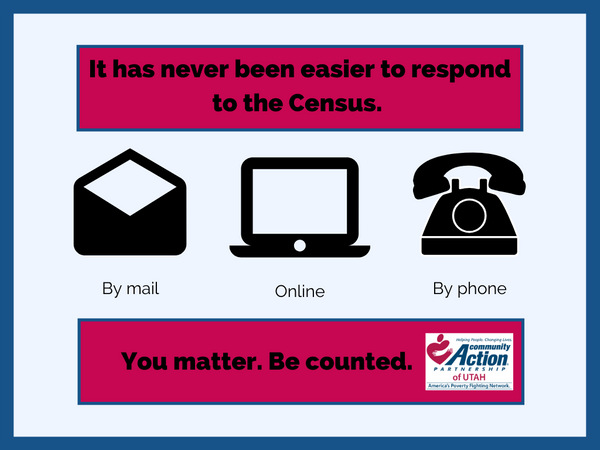
Online
For the first time, you can take the census online. It is easy. Go to https://my2020census.gov/. Click "Start Questionnaire"
If you received a 12-digit Census ID in the mail, enter it in the box.
If you did not receive an invite in the mail, or have lost the Census ID, click "If you do not have a census ID, click here."
Complete a few questions and you are done!
Telephone
For the first time, you can take the census over the phone in a variety of languages. This is helpful if you have a friend or neighbor that didn't get the survey in the mail and may find taking the online survey challenging.
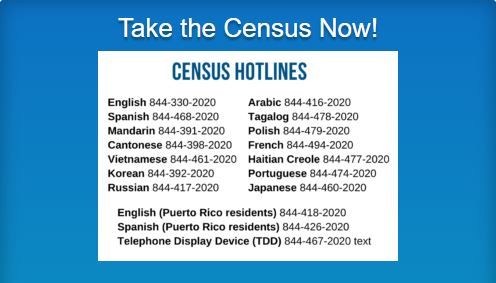
Stuck at home because of the COVID-19 situation? You can still take the census from the comfort of your home!
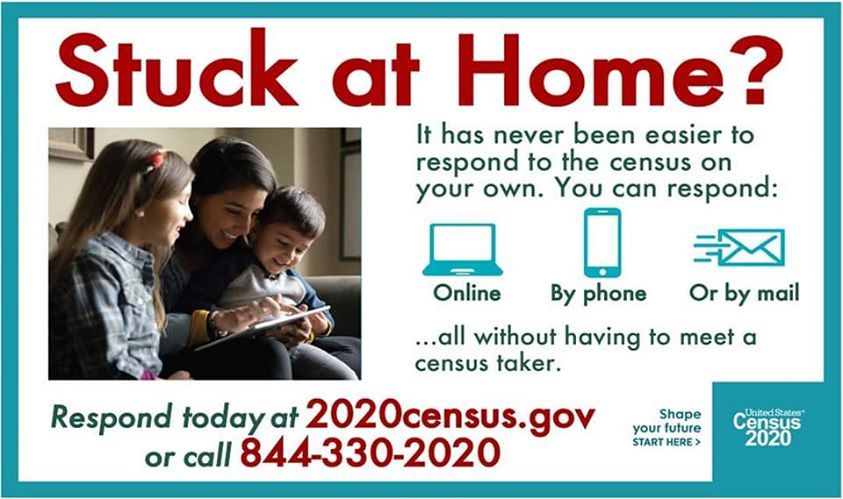
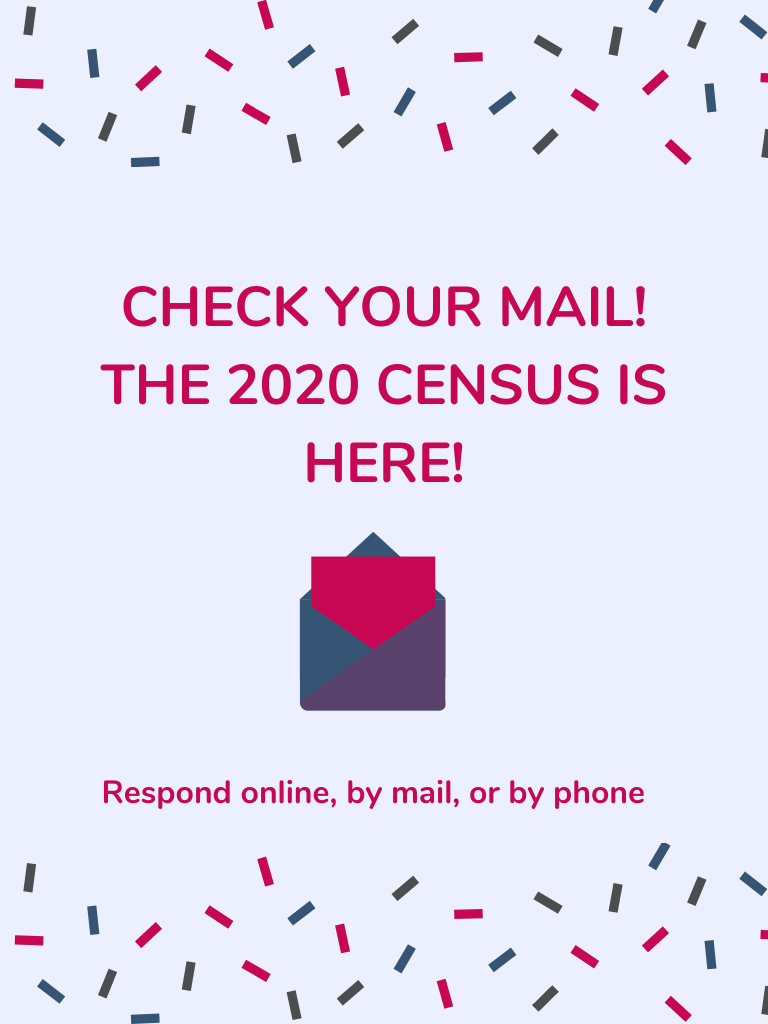
Homes in areas that are less likely to respond online will receive a paper questionnaire. All homes will receive a paper questionnaire if they do not first respond online or by phone.
Is my Information Safe?
The Census Bureau is bound by Title 13 of the U.S. Code to keep your information confidential.
This law protects your answers to the 2020 Census. Under Title 13, the Census Bureau cannot release any identifiable information about you, your home, or your business, even to law enforcement agencies. The law ensures that your private data is protected and that your answers cannot be used against you by any government agency or court. Violating Title 13 is a federal crime, punishable by prison time and/or a fine of up to $250,000.
The answers you provide are used only to produce statistics. You are kept anonymous: the Census Bureau is not permitted to publicly release your responses in any way that could identify you or anyone else in your home.
Being responsible stewards of your data is not only required by law, it is embedded in Census Bureau culture. Strict policies and statistical safeguards help protect the confidentiality of your information. Before releasing data products, the Census Bureau verifies that they meet its confidentiality standards.
Still Have Questions?
Check out our page on frequently asked census questions

